The popularity of the Startup Visa Canada program continues to soar, but with all the buzz comes a bunch of myths floating around. If you're thinking about starting a business in Canada, you must sift through the facts and myths.
So, in this blog, we explore some of the most common misconceptions surrounding the Canada Startup Visa. We'll also debunk them to give you a clear picture. Let's get into it!
Myth 1: You need to be fluent in English or French
It's a common misconception that fluency in English or French is a must for the Canada Startup Visa (SUV). Sure, language proficiency is required, but you don't need to be an expert wordsmith.
The program sets a minimum benchmark known as the Canadian Language Benchmark (CLB) level 5. This means you should have a decent grasp of English or French — enough to get by in everyday life and hold your own in business conversations.
Bottom line: It's important to be pretty good at English or French, but you don't have to be a total language genius to get into the SUV program. Just having a decent understanding of the language is enough to meet the requirements.
Myth 2: You need a Canadian business partner
There's no requirement to have a Canadian business partner to apply for the SUV program. What you do need is support from a designated organization in Canada. These organizations evaluate and endorse your startup. They could be:
- Venture capital funds
- Angel investors
- Business incubators
So, having a Canadian partner isn't a prerequisite. Whether you're flying solo or have a team from across the globe, as long as you have the backing of a designated organization, you're good to go!
Myth 3: Family members cannot be co-founders
Some might think that the SUV program doesn't allow family members to be co-founders. But guess what? That's just not true. In fact, the program welcomes any 2-5 individuals, whether they're strangers or family, to become co-founders of a startup.
So, if you've got an amazing business idea and want to team up with your siblings, spouse, or even distant cousins, you absolutely can. The program pushes innovation and entrepreneurship, no matter if you're working with family or not.
Myth 4: Applicants must have educational qualifications
Educational degrees aren't the be-all and end-all for the SUV program. Sure, having a solid educational background can be beneficial, but it's not the only determining factor. What truly counts is your hands-on experience and expertise. The program cares about the skills and smarts you bring to the game.
So, whether you're a college grad or a self-taught expert, as long as you've got the skills to drive your startup forward, you're in the game.
Myth 5: All essential members must apply for a Canada Startup Visa work permit
The decision to apply for a work permit under the SUV program is entirely up to the essential members of the startup. The letter of support or commitment certificate from the designated organization specifies whether the members intend to apply for a work permit or not.
If they choose to do so, they need to provide a compelling reason why it's necessary for them to be in Canada before obtaining permanent residency. So, whether you're super eager to jump right into the Canadian job scene or you'd rather take your time and wait it out, the choice is yours.
Myth 6: You can open any business to apply for the Canada Startup Visa
Think you can just open any business in Canada and qualify for the SUV program? Think again. The truth is, that your business must showcase innovation to stand a chance. The program favors ventures that bring fresh ideas to the Canadian market. Your business should have the potential to make a significant impact on the economy.
Minister Hussen visited #Startup Visa company @VirtroGames to see first-hand how the B.C.-based company is finding innovative ways to use virtual reality software to help people learn new languages: https://t.co/c3bquw1pcq
— IRCC (@CitImmCanada) September 27, 2018
Whether you're disrupting an industry with groundbreaking technology or turning traditional practices into something new, innovation is key. So, before you start drafting your business plan, make sure your idea has that special spark that sets it apart.
Myth 7: The process is too complicated
Going through the SUV program may seem daunting, but don't stress about it — it's not as scary as it seems! In fact, it is a straightforward and transparent process. Sure, it takes some preparation, but with the right guidance, you've got this. Just make sure you know what's needed, gather up all the docs, and reach out to those designated organizations for support.
So, don't let complexity hold you back. With a clear roadmap and the right support system, you can get on the path to permanent residency with confidence.
Conclusion
Debunking myths surrounding the Canada Startup Visa is essential for aspiring entrepreneurs aiming to launch their businesses in Canada. You need to know the deal when it comes to aspects like the minimum level of language skills you need to achieve, whether you need a Canadian partner, or if you can team up with your family to kickstart your business in Canada.
Also, don't stress over your educational background as the Startup Visa program cares more about your real-world experiences than you can prove. Plus, if you're worried about work permits, there's flexibility there too. With the right help and some prep, getting a Canada Startup Visa could open up amazing doors for starting your own business and getting permanent residency in Canada.
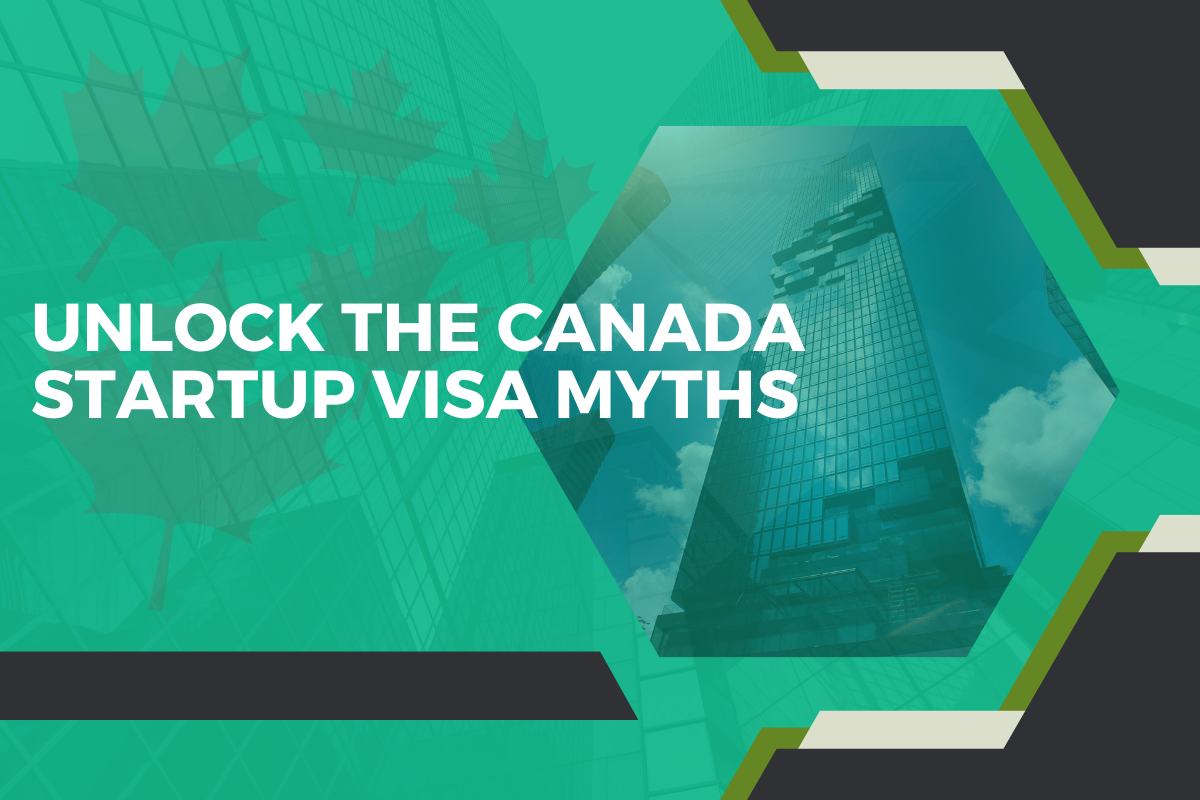
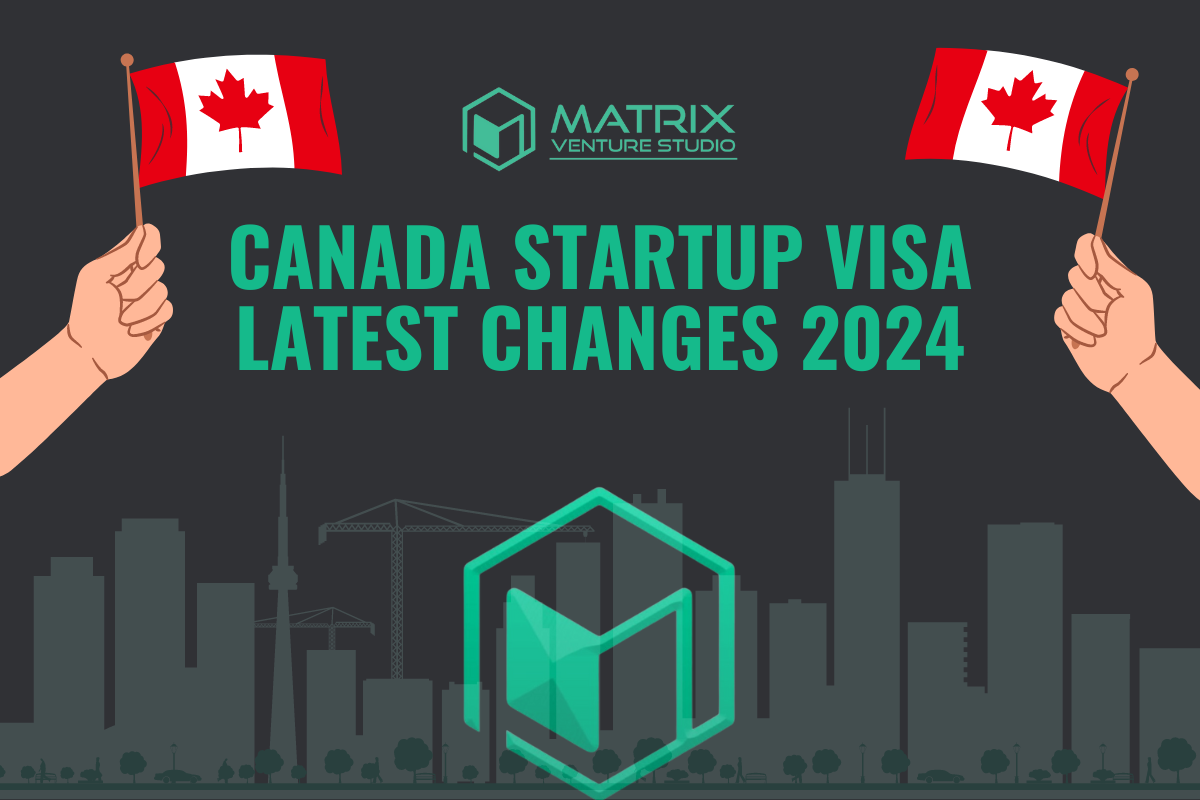
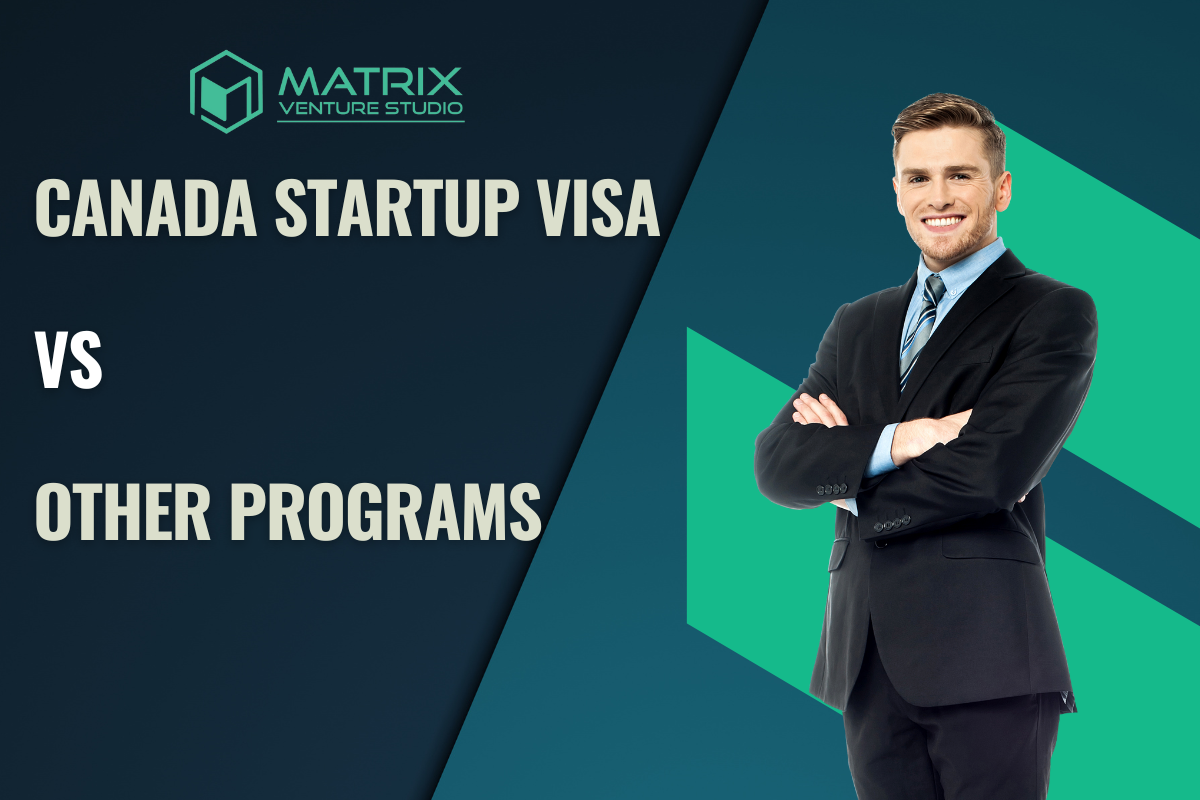
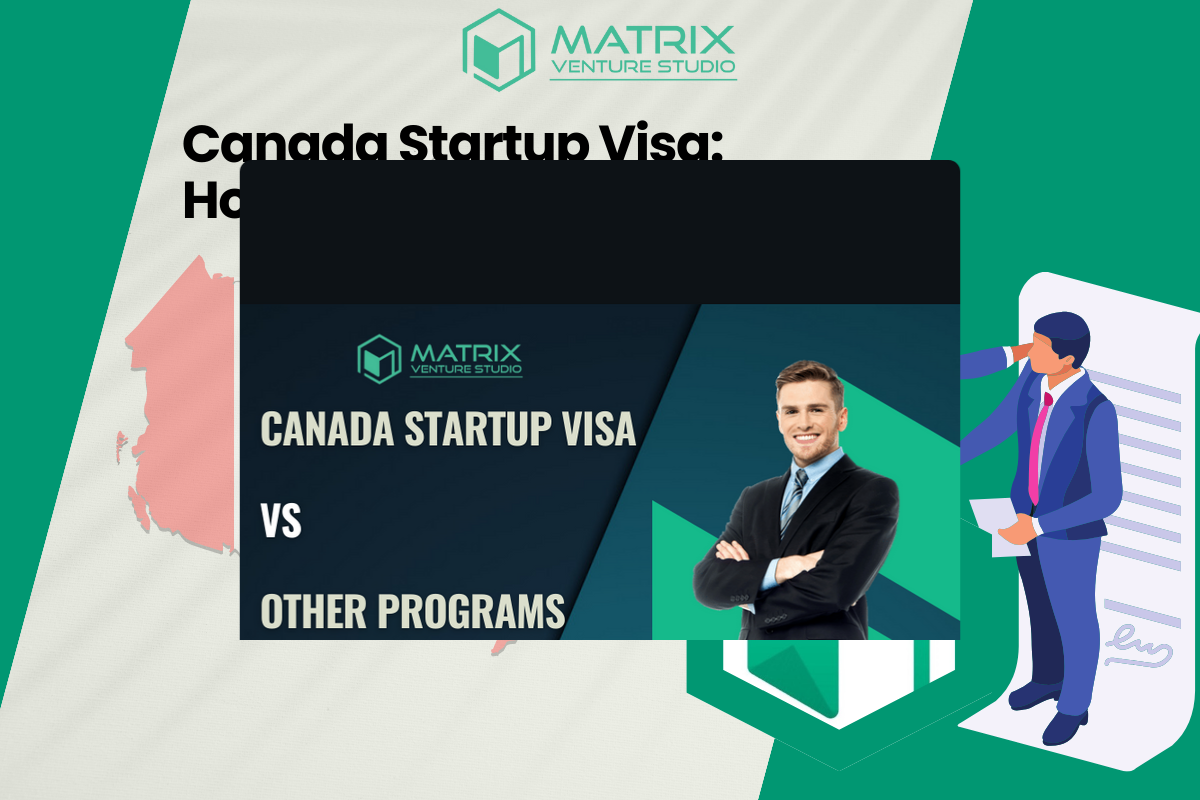
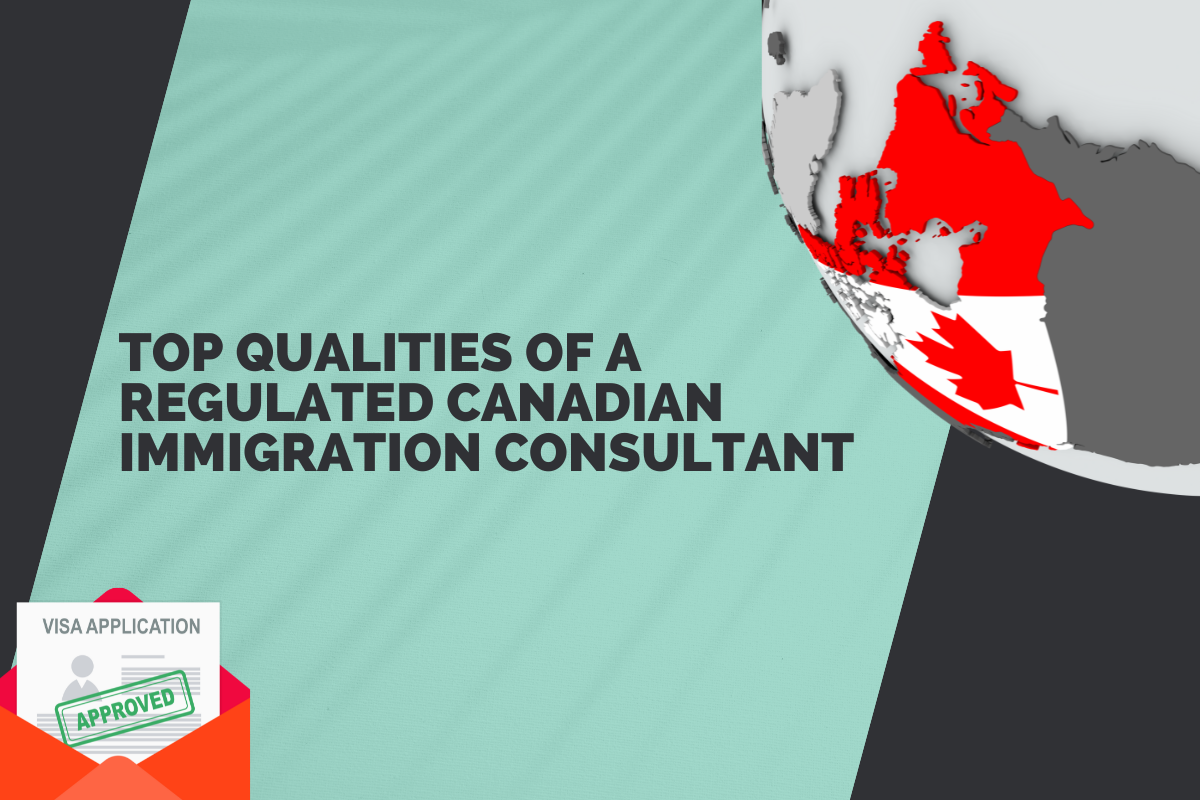
Leave a reply